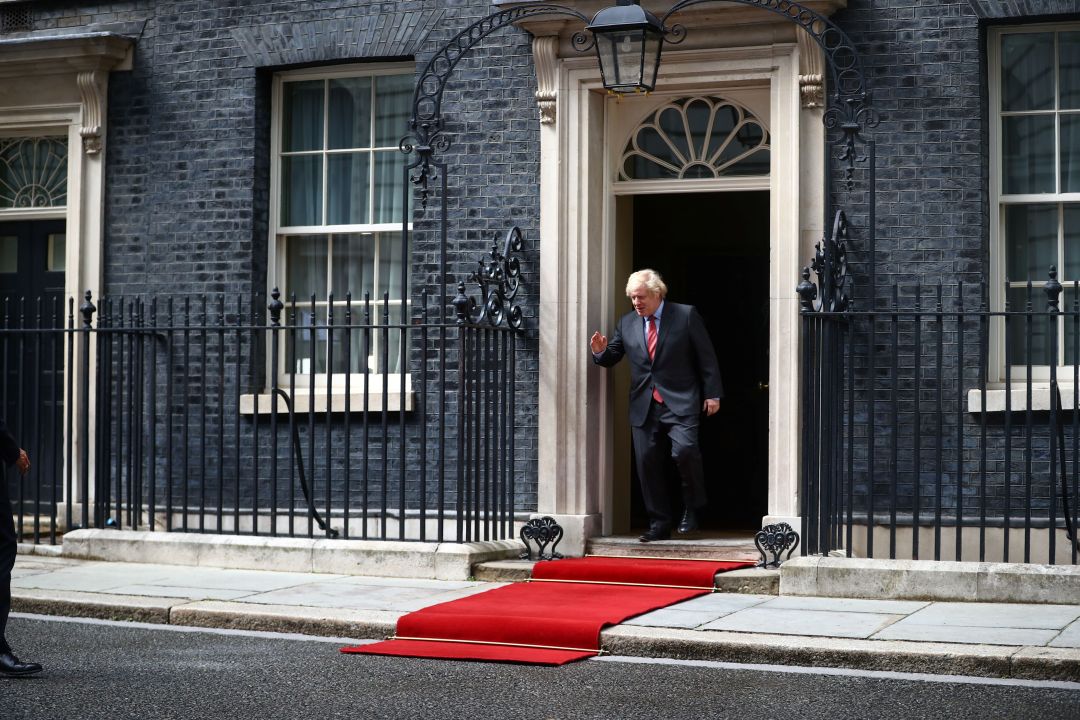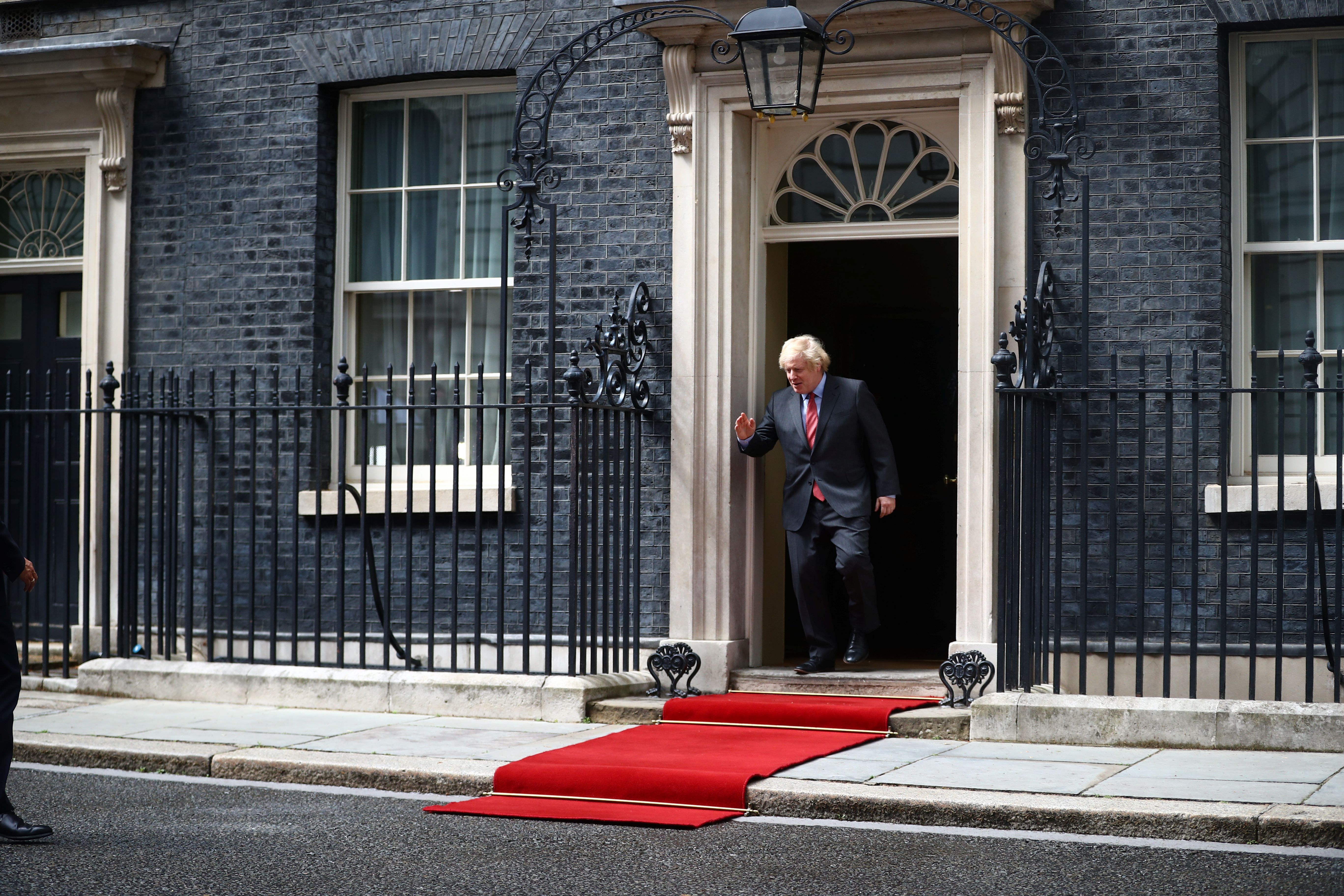Boris Johnson’s search for a chief of staff to bring order to 10 Downing Street has proved so difficult that earlier this month civil war erupted in No. 10 after he offered the role to his longstanding director of communications Lee Cain. In the face of a backlash from figures including the Prime Minister’s partner Carrie Symonds and new press spokesperson Allegra Stratton, Cain ended up handing in his resignation — Dominic Cummings followed him out the door — and the search for a chief of staff continued.
Now Johnson has made his pick. Dan Rosenfield is the Prime Minister’s new chief of staff, beginning work in Downing Street next month before officially taking on the role in the new year. A former Treasury civil servant, Rosenfield served as principal private secretary to Chancellors Alistair Darling and George Osborne, from 2007 to 2011. In a throwback to Johnson’s mayoral days, Rosenfield helped set the budget for the 2012 London Olympics. Since then, he has worked as a managing director as Bank of America before going on to Hakluyt, a strategic advisory firm for businesses and investors, where he has been global head of corporate clients and head of the UK business since 2016. Rosenfield is also the chairman of the humanitarian agency World Jewish Relief.
So, what does the appointment reveal about the future direction of Johnson’s government? As I reported in last week’s Spectator cover piece, the Prime Minister wanted to move fast with the appointment to show there is no drift after a difficult few weeks. This appointment is most striking, however, not for its speed but for how un-party political it is. Johnson’s decision to appoint a former Treasury civil servant as Chief in Staff is a contrast with the rhetoric of many of his supporters when he first went for the top job. Rosenfield is not a familiar name in Tory circles and it’s hard to link him to any faction. By appointing someone without strong ties to any of the current groups vying for Johnson’s attention, he has picked someone he believes can help get things done rather than someone who can provide him with an agenda. The Prime Minister is also sending a strong signal that he wants to move away from the infighting of recent months.








Comments